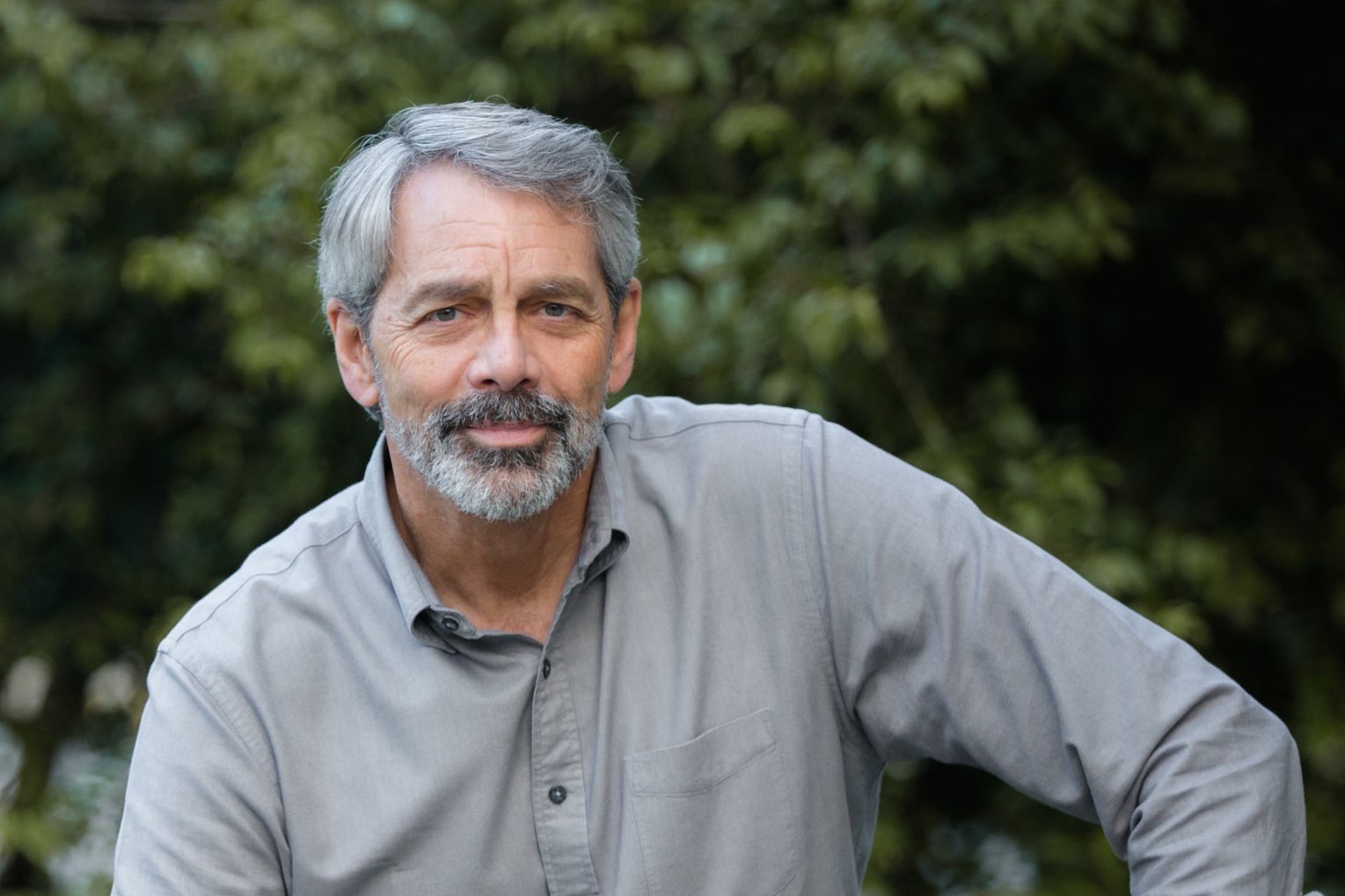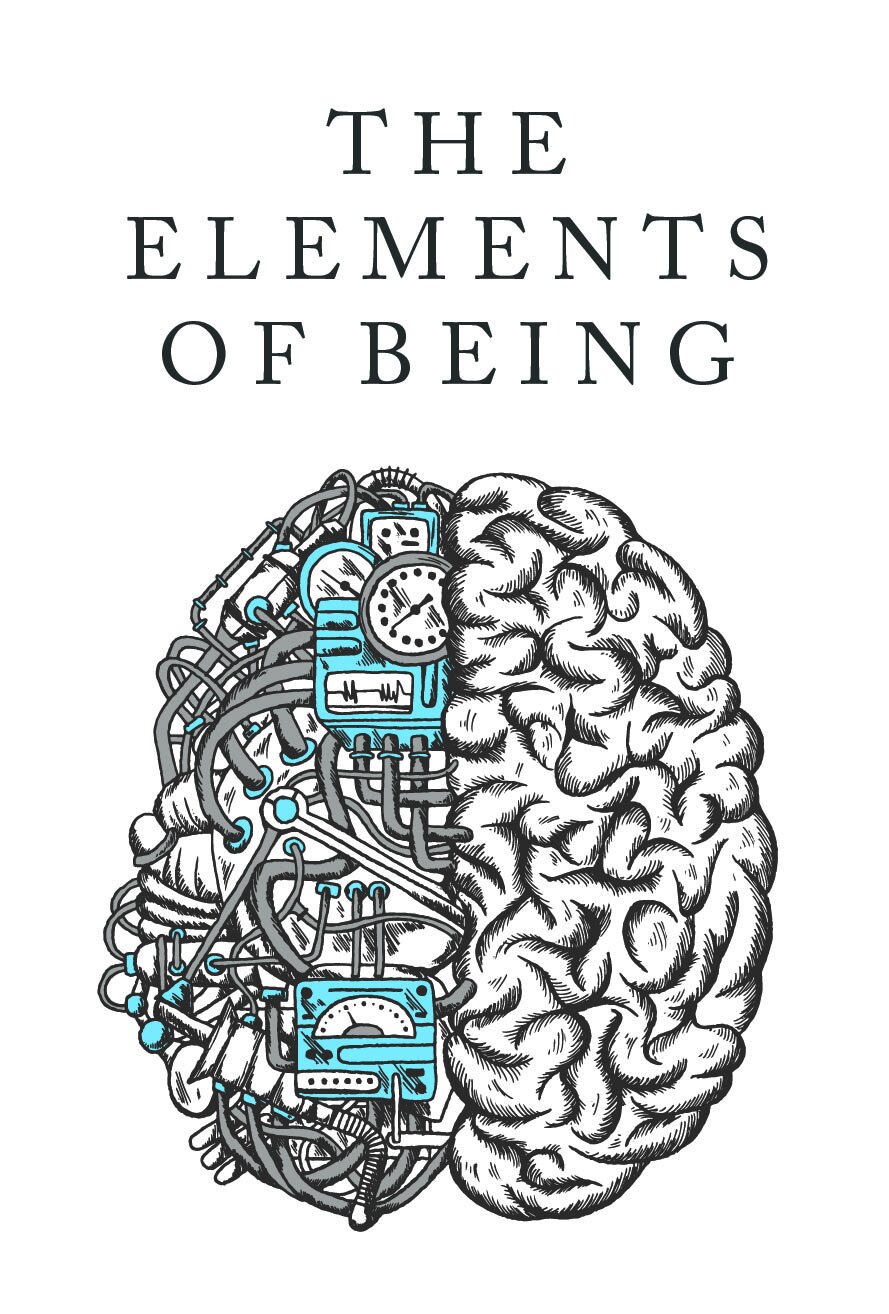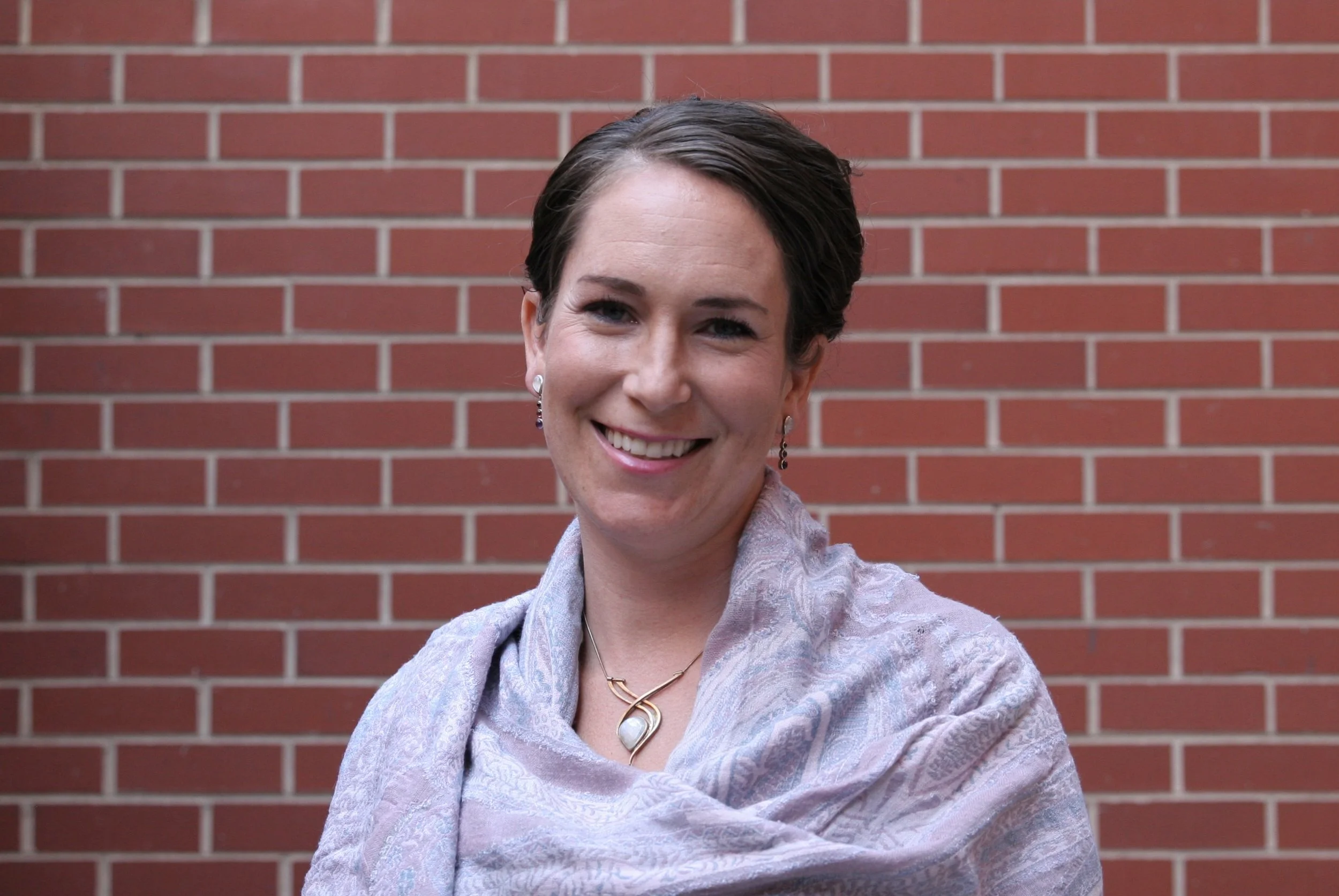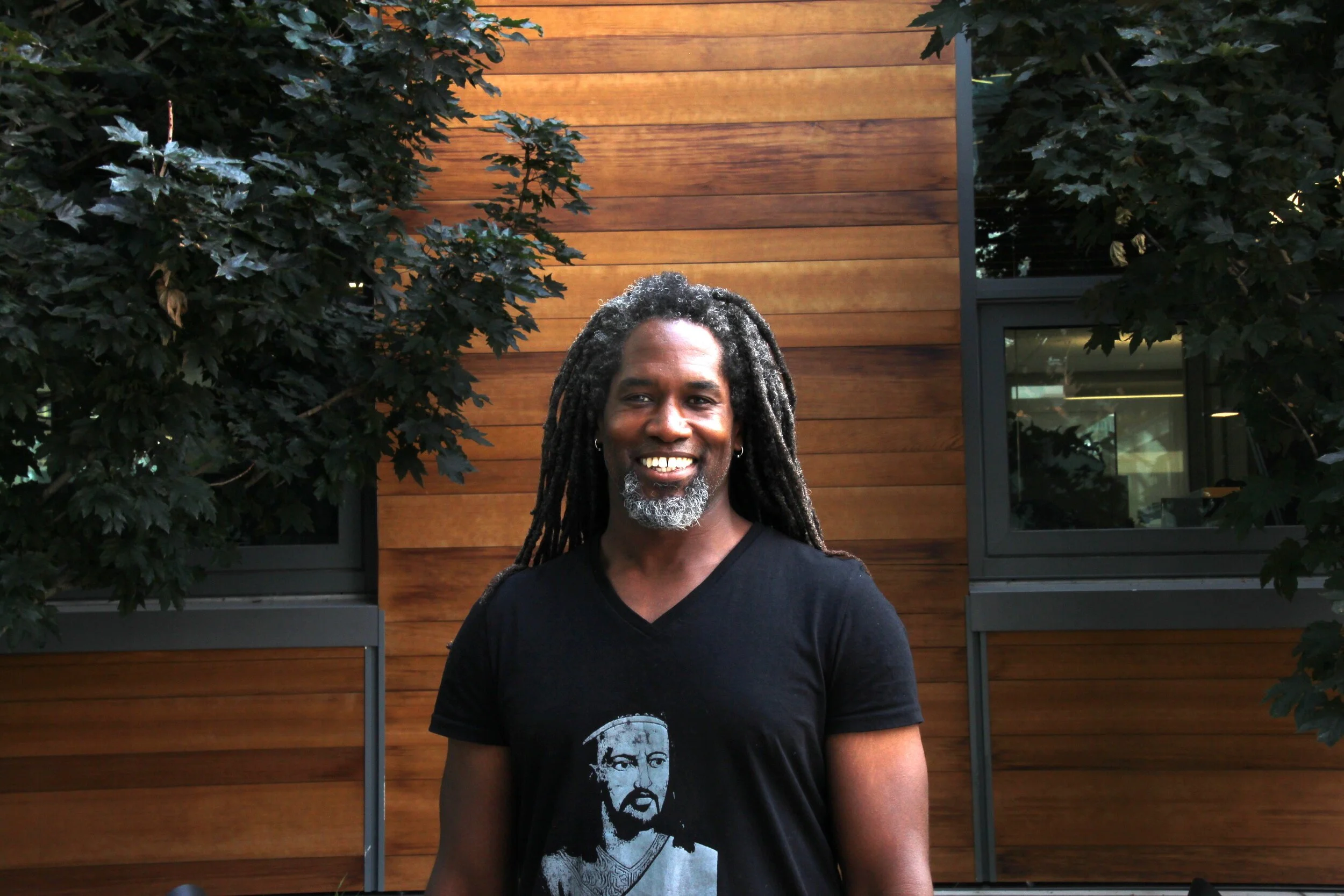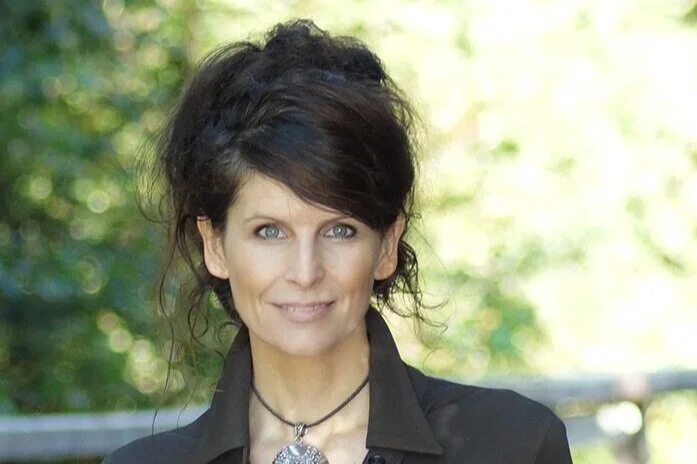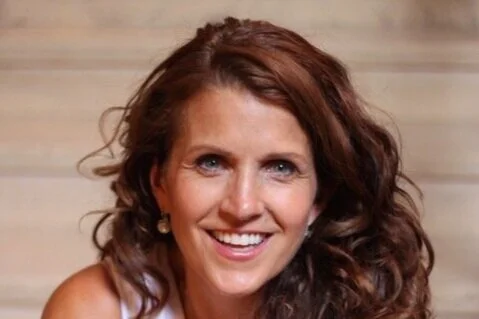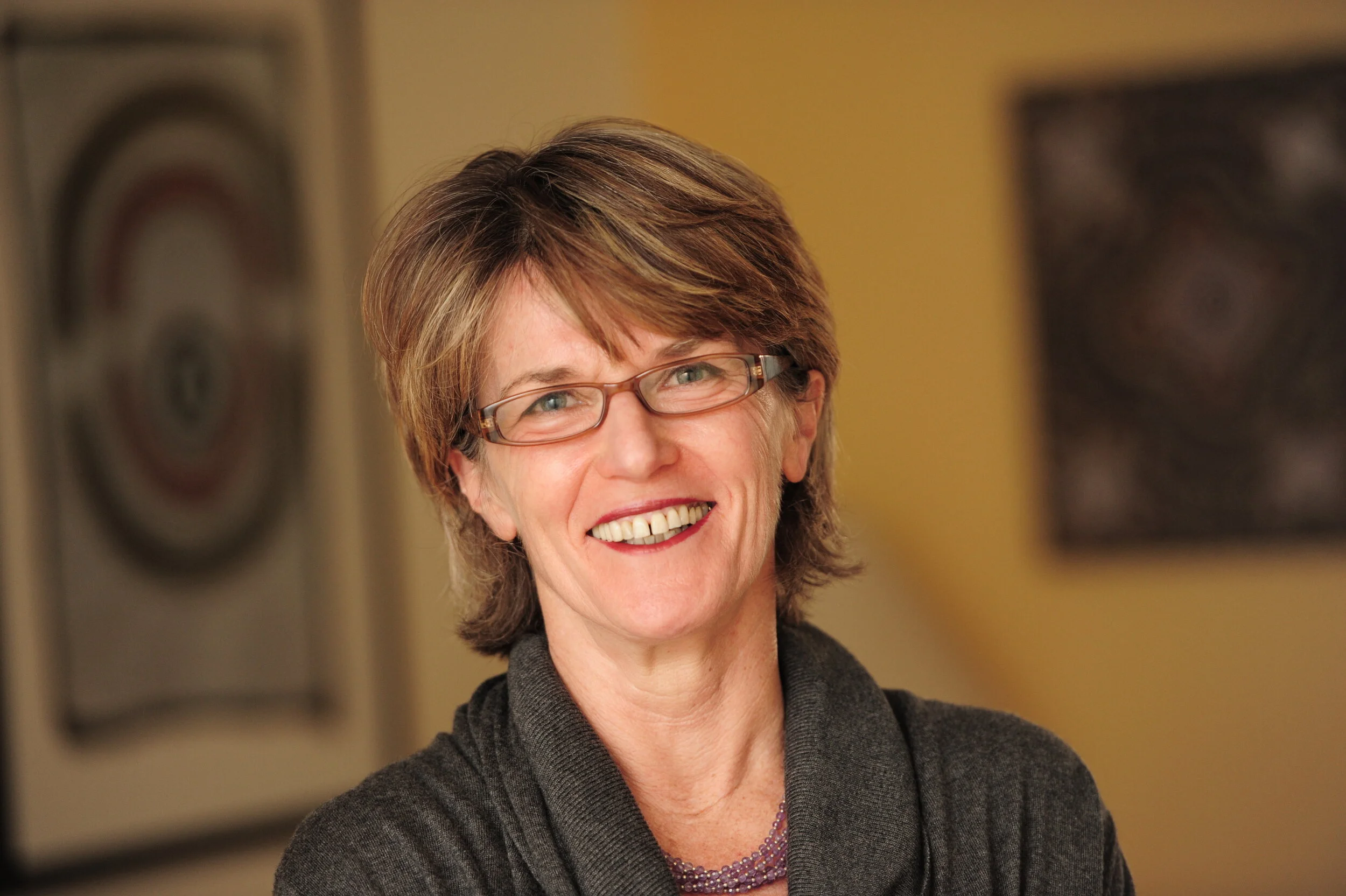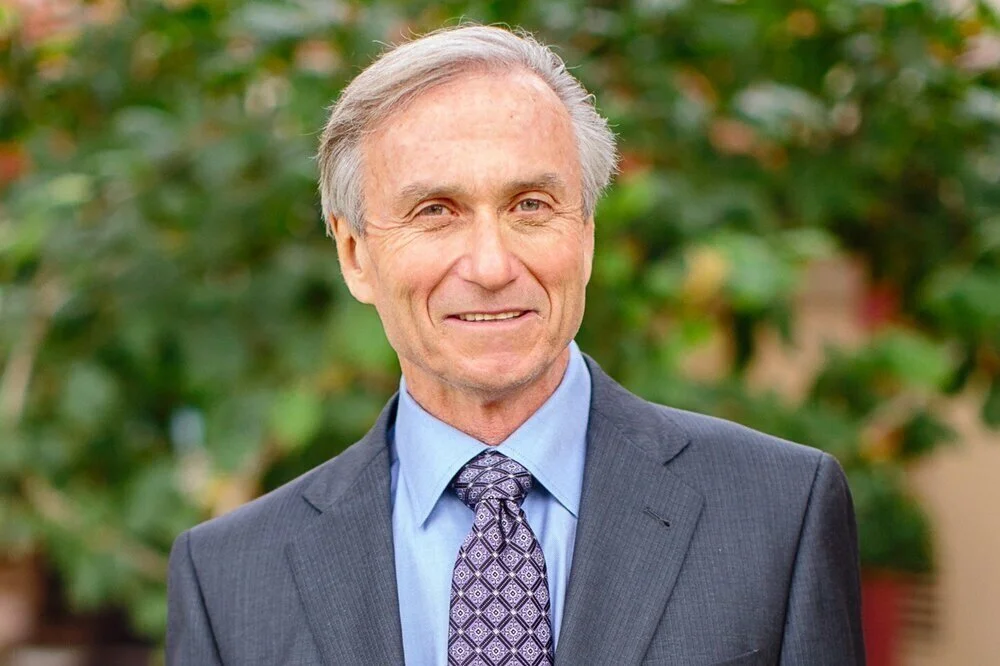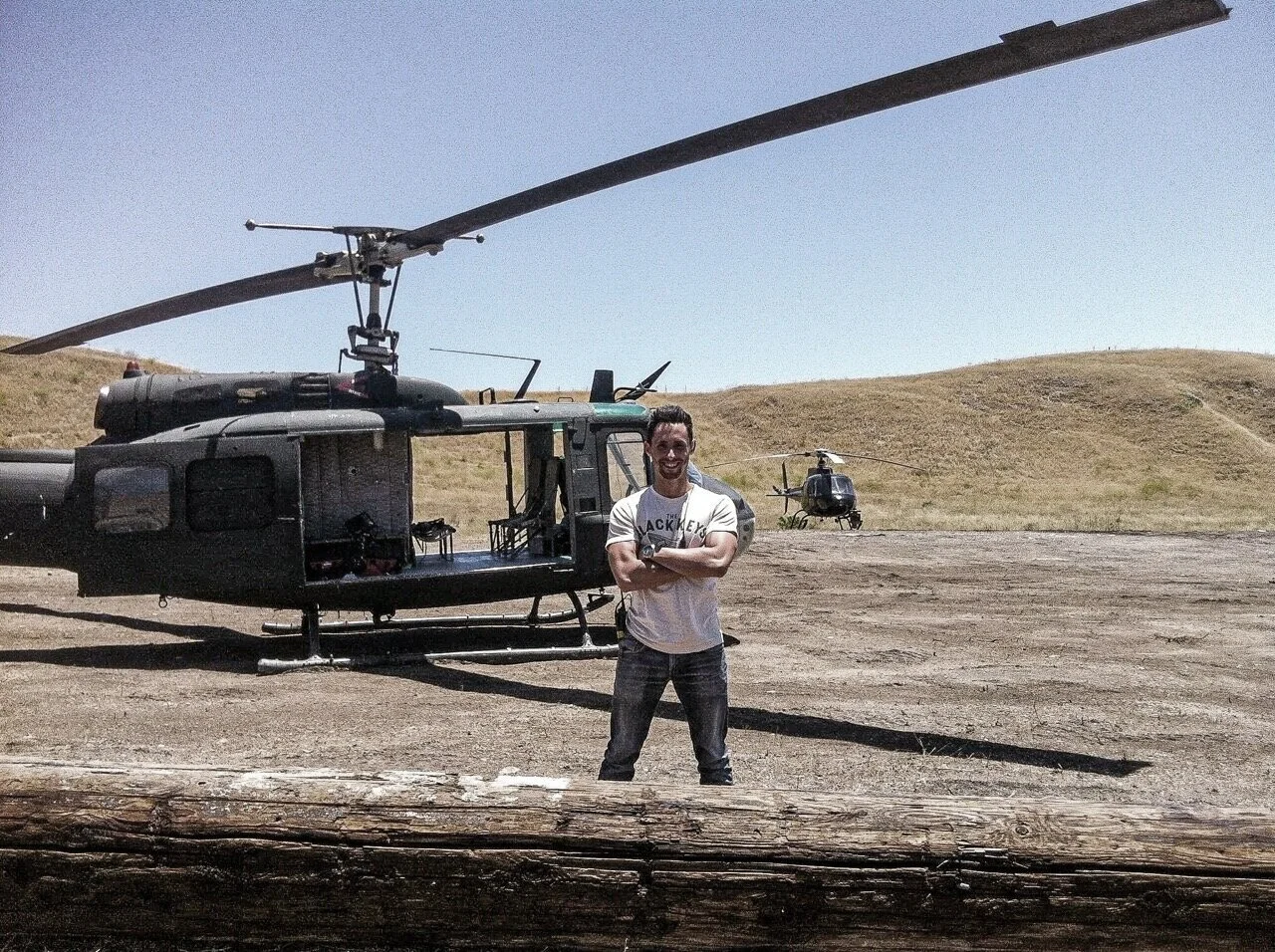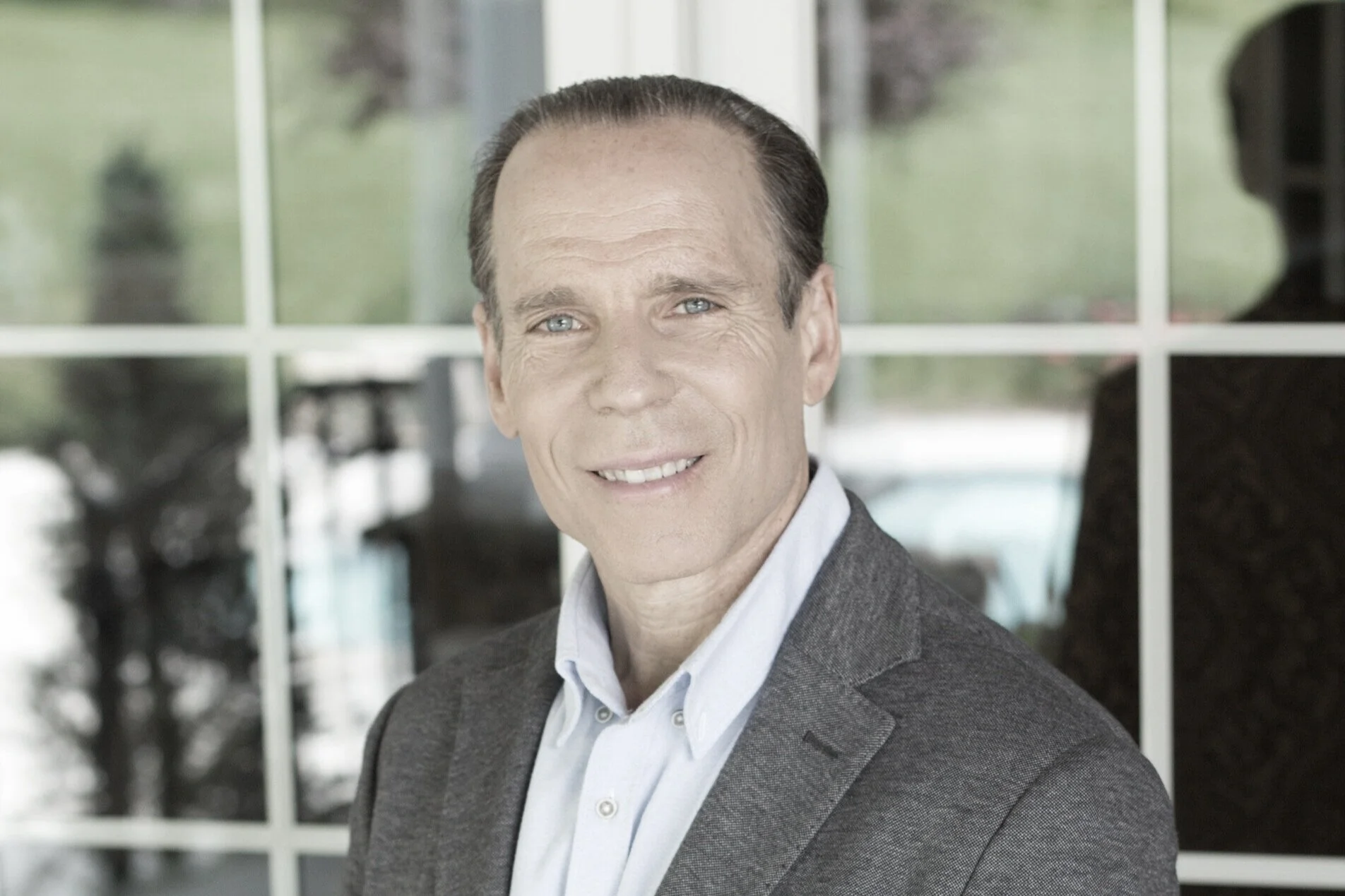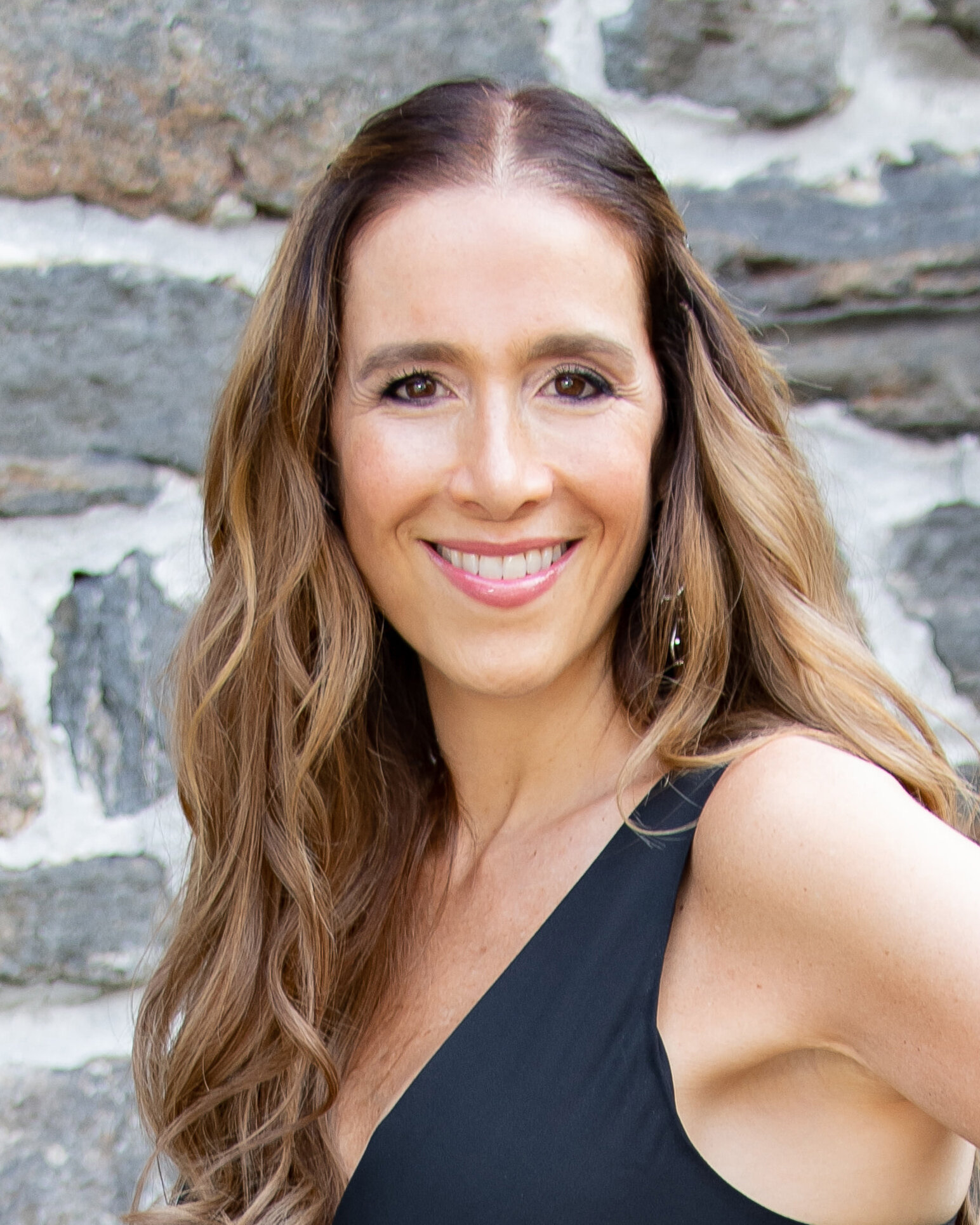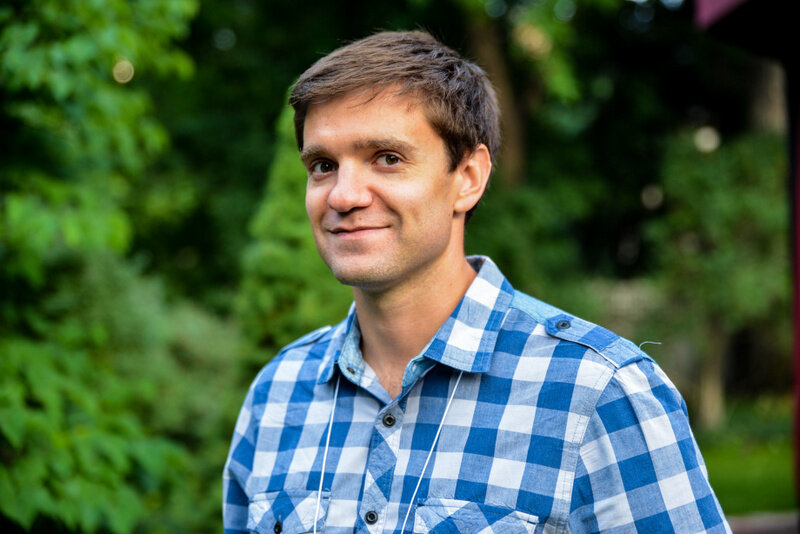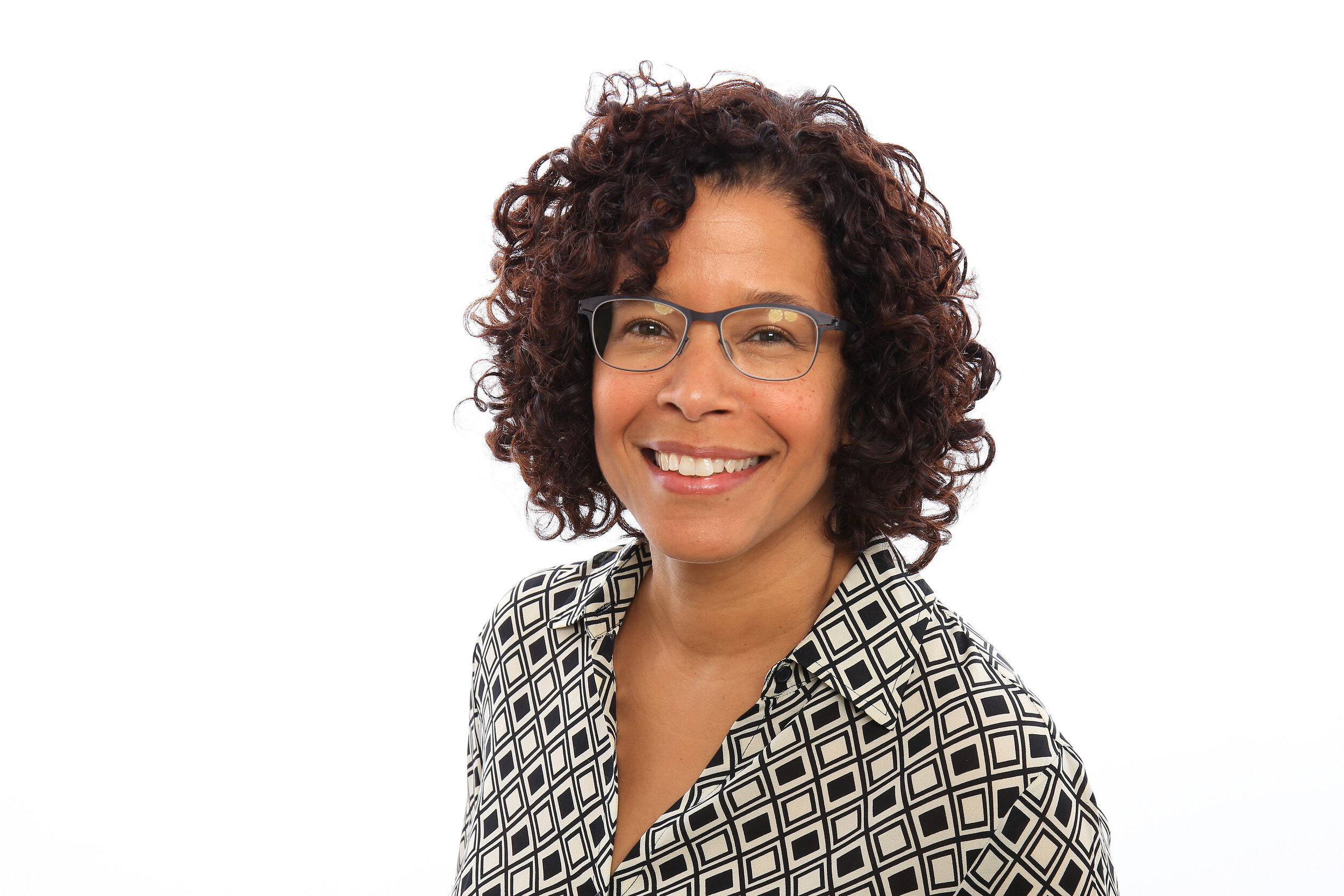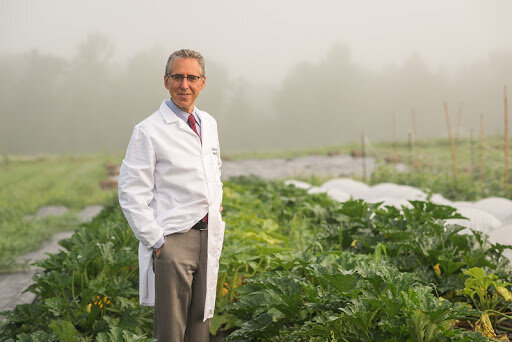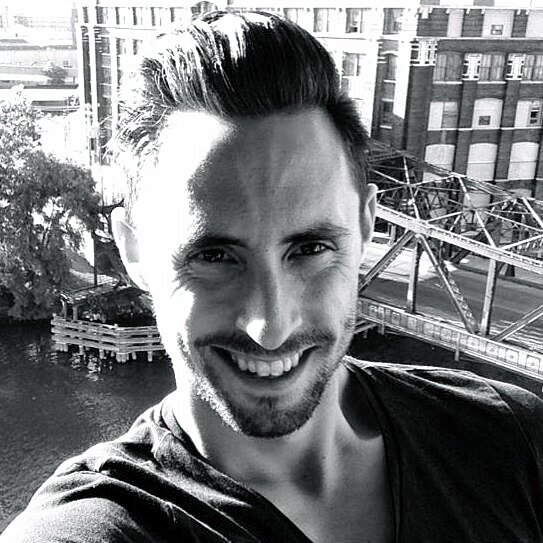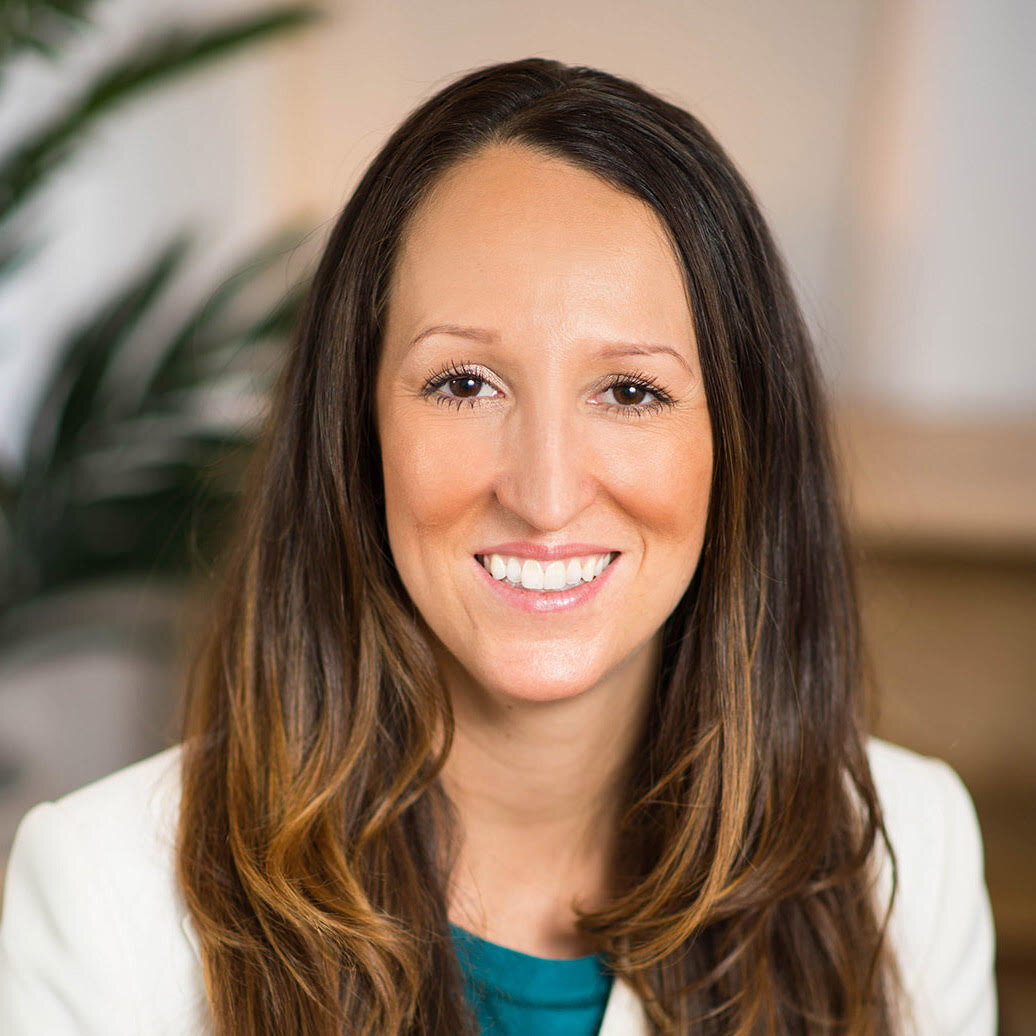
IN THIS PODCAST EPISODE
Today, I’d like to introduce the very talented, Dr. Sera Lavelle, owner of NY Health Hypnosis & Integrative Therapy and co-founder of the soon-to-be-launched mindful eating app, Bea Better Eating. It’s practically a sin that we didn’t discuss her current project in great detail (especially with my interest in our relationship to food and the psychology of our eating behaviors). Instead, we took a deep dive into the role of hypnosis in the clinical setting and the intriguing dynamics of marriages and conflict resolution. A fitting topic as everyone reflects on their relationships during the last 12 months of the pandemic.
Clinical Psychologist, Dr. Lavelle, is an expert in using hypnosis and integrative therapy for weight loss, eating disorders, anxiety, depression, infertility, and relationship issues. She also served as an Adjunct Professor at Brooklyn College and Adelphi University where she taught Psychology of Sex and Gender and Psychology from a Multi-Cultural Perspective. Dr. Lavelle’s work with eating disorders has been highly recognized, with articles about her and her team appearing in Forbes, Prevention, Elle Magazine, NY Times, and NY Magazine.
In our interview, we discussed hypnosis and the broader implications for one's inability to reach a hypnotic state as well as its integrative role in the restoration of a failing marriage. We also dissect the fair expectations in the marriage dynamic, maladaptive patterns that lead to the most conflict and sustained tension, the idea of “settling down,” and the new relationship challenges experienced during the shelter-in periods of the pandemic.
To learn more about Dr. Lavelle, visit https://www.nyhealthhypnosis.com/dr-sera-lavelle. Check out her latest project, Bea Better Eating, on https://www.beabettereating.com/, as well.
More “The Elements of Being” Podcast Episodes
